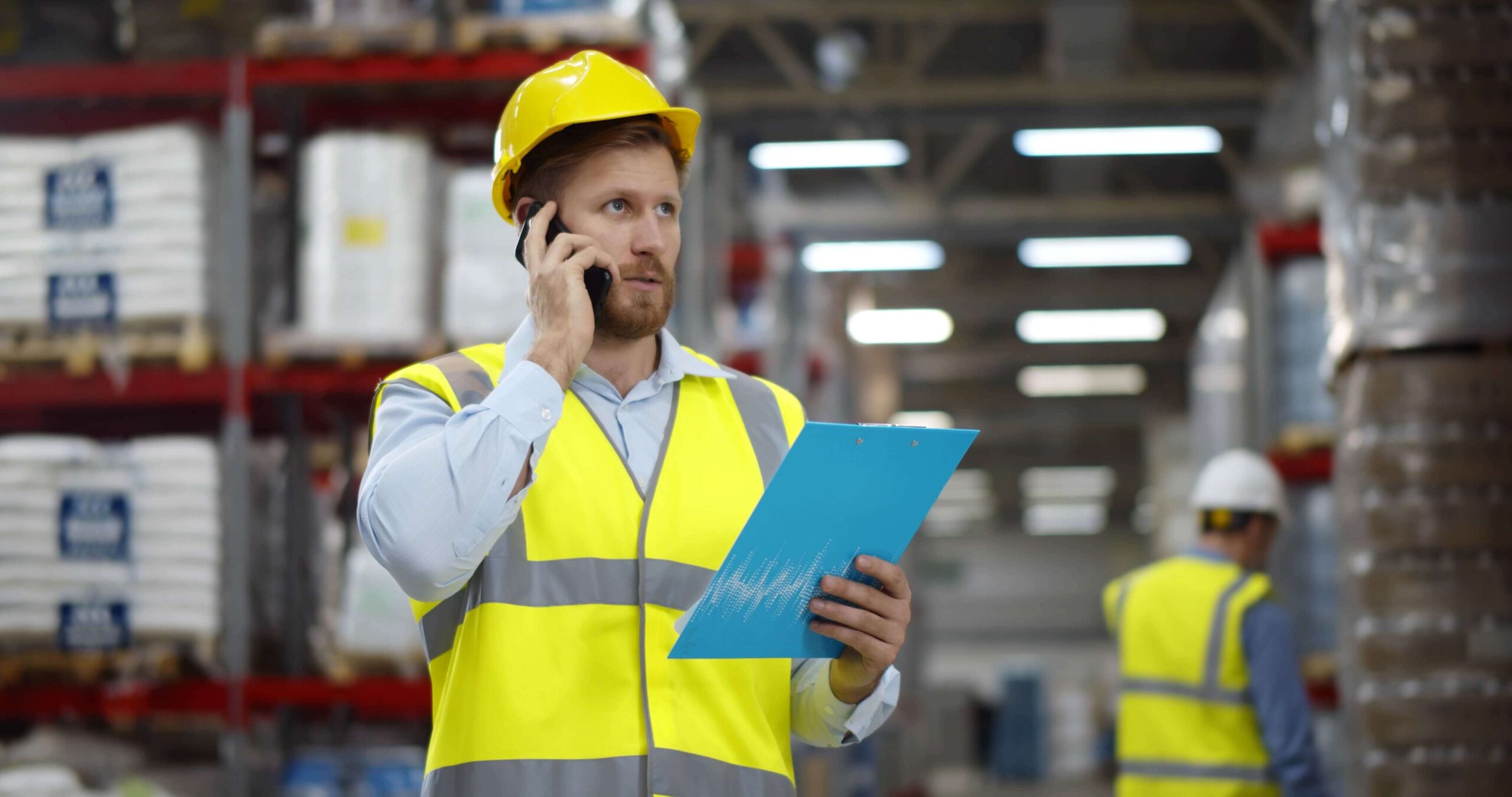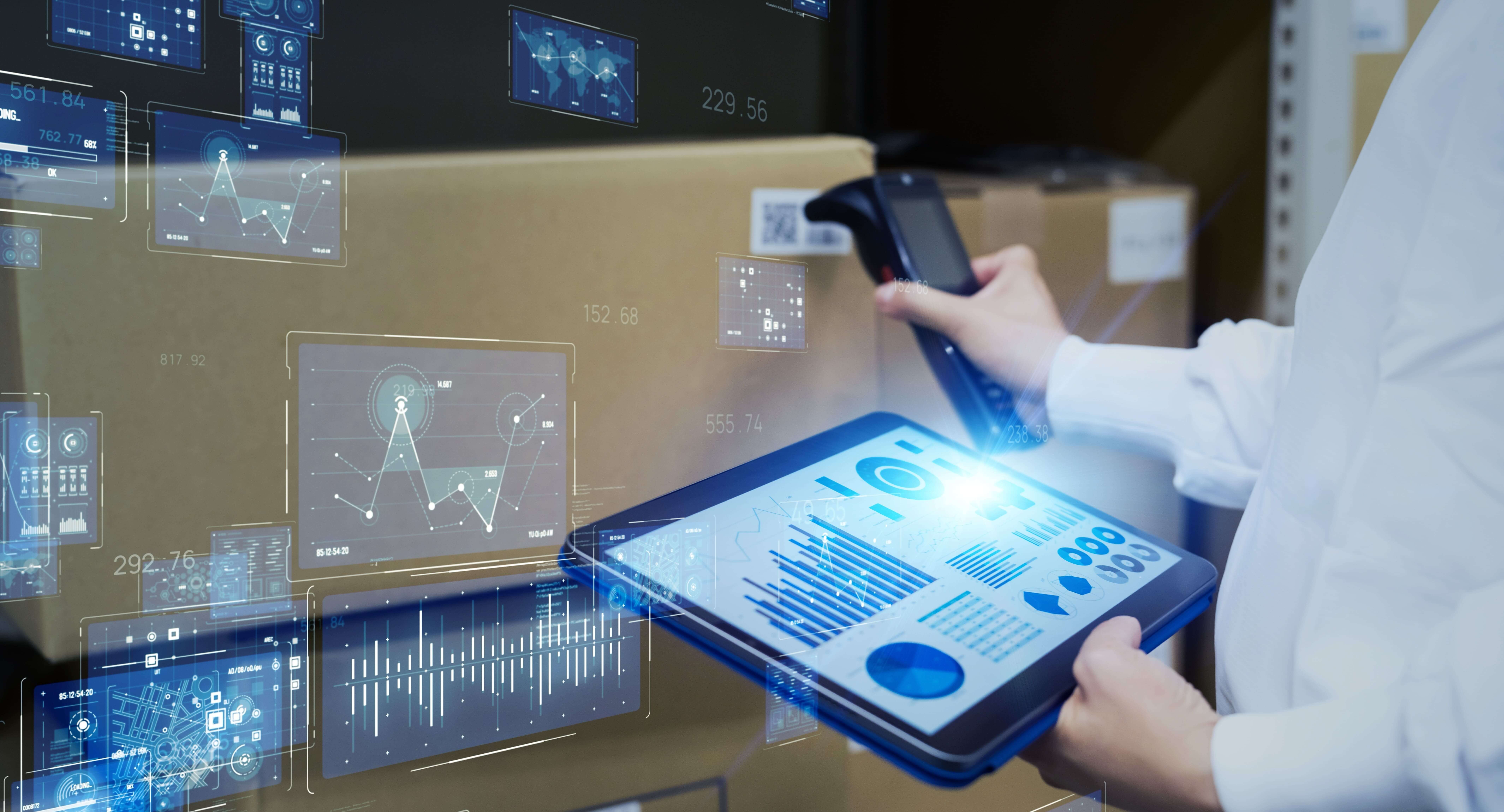From Data to Delight: The Power of AI in CPG
Driving CPG success from ideation to profitability
Witnessing a child’s smile after being treated to ice cream on a scorching summer day or the satisfaction on the face of an expectant mother when her longing for dark chocolate is fulfilled is truly delightful. An emotional response, customer delight is crucial for enhancing brand reputation, elevating customer lifetime value, and ultimately improving the bottom line of the business. However, there are numerous obstacles that a consumer-packaged goods company must overcome to consistently achieve customer delight.
High Lead Time
A survey by Consumer Brands Association revealed that 47% of Americans surveyed had used online ordering for delivery or click-and-collect services during COVID-19. 77% of them plan to continue using them after the pandemic.
Thorough research, testing, and quality management are necessary before launching products due to evolving demands, habits, sustainability concerns, and safety regulations. CPG companies usually take a considerable amount of time, ranging from several months to years, to launch a product. This significantly impacts their time-to-market and ability to outpace competitors. To address this, the R&D team needs tools that can help them swiftly identify customer requirements and develop unique products that can stimulate purchases simultaneously be 100% compliant with regulations and maintain brand reputation.
Inadequate use of data
CPG firms have various sources of data, including enterprise systems, CRM, market research, behavioral data, web, and social platforms, resulting in an abundance of data points. However, having access to data alone does not guarantee comprehension. The ability to pivot and adapt to market dynamics depends on having clean, real-time information and analytics. Conventional systems are fragmented and lack the intelligence needed to convert data into information and actionable insights for prompt, precise decision-making. Having a powerful tool, that brings harmony across fragmented systems, people with diversified routine jobs, and orchestrating data is the need of the hour.

Demand and supply challenges
As per a BCG study, a leading e-tailer promises delivery in one hour today compared to same-day delivery in 2010. Similarly, a major European supermarket has reduced its delivery time from 5-7 days in 2010 to same-day delivery in 2021.
Meeting the needs of today’s customers and operating in a complex business environment pose significant challenges for CPG companies. The rise of omnichannel commerce and increasing customer expectations have created a demand and supply imbalance. Additionally, unforeseen events such as natural disasters or geopolitical tensions can disrupt supply chains and impact logistics. For instance, the recent earthquake in Turkey has severely damaged the infrastructure of Iskenderun port, which is a critical shipping hub for corn, wheat, and bran – essential raw materials for CPG firms. This has caused significant obstacles in the transportation of these materials.
As per a 2020 KPMG report that surveyed over 12,000 customers globally, customers are more digital, financially constrained, and more thoughtful in their buying decisions. With the evolution of technology and changing business conditions, customers and their buying process have also evolved. Customers now interact with firms through various channels and rely on multiple data points, such as online advertisements and reviews, to make their purchase decisions.
Lack of support from strategic functions
For CPG firms to succeed in the highly competitive environment, strategic functions like finance and sustainability management which may be outside the supply value chain, have to be integrated innovatively. Traditional payment processes touch several systems that are not integrated closely and include numerous manual touch points, leading to inefficiency and risks like fraudulent payments.
As per the Paris agreement, an international treaty on climate change, starting 2024, countries will report transparently on actions taken and progress in climate change mitigation, adaptation measures, and support provided or received. As a result, CPG firms will have to accelerate their climate change mandates and require an integrated, automated approach to balance profitability with sustainability.

A digital approach to future-proofing CPG
A CPG firm must constantly delight customers and exceed their expectations. How can this be achieved consistently?

Investing in intelligent R&D operations
By utilizing an AI-powered solution, R&D teams can improve the success rate of new product launches. With workflow intelligence, you can establish standards and automatically evaluate product ideas based on various parameters, such as target audience and location. This not only reduces the need for rework during product development but also results in decreased time-to-market and a competitive advantage.
Implementing a comprehensive AI-based risk management framework that incorporates data and analytics to automatically assess new product ideas for safety and risk can provide significant benefits. By integrating R&D with Product Lifecycle Management (PLM) applications, you can standardize the product development process and include compliance evaluation and risk mitigation measures.
Implementing an AI-based agile strategy to stay ahead of competition
Leveraging data and artificial intelligence (AI), CPG companies can gain a competitive edge in managing both current and future supply and demand challenges with increased insights and agility.
For instance, implementing processes such as smart onboarding of suppliers, automated verification & real-time monitoring of suppliers, and leveraging data for negotiation strategies, will increase transparency and support healthy business relationships.
CPG firms can implement a cloud-based collaborative procurement process managed centrally across geographies. This would create a shared workspace for decision-makers across the organization, decreasing supply risks and promoting collaboration.
With a unified and secure data and analytics system, decision-making can become more robust and collaborative. This will help better handle unexpected inventory challenges and meet the increasing expectations of consumers.
To enhance customer satisfaction and transparency, you can implement an automated demand workflow that addresses specific business cases such as overdue payments, order changes, returns, refunds, and claims. Additionally, by offering advanced chatbots and self-service portals, you can provide an omnichannel experience that delights digitally savvy customers.
Transforming logistics
As customer expectations and environmental consciousness increase, a CPG firm that can optimize logistics costs and reduce carbon footprint will have better business results.
An AI-based logistics solution can help manage inventory, automate stock fulfillment, optimize fleet and space utilization, and improve customer satisfaction for online shoppers, in-store shoppers, buy online, pick up in store (BOPIS), and buy online pickup at curbside (BOPAC) customers.
An ML-driven solution can auto-calculate truck loads for optimal utilization, manage transportation network flexibility, and handle reverse logistics for timely delivery. Integrating with an emissions management solution will balance transportation and storage costs, customer service, and carbon footprint.

High Lead Time
The 2020 KPMG report also revealed that 17% of consumers rated the brand’s approach to the environment as an essential factor in their decision-making.
CPG firms need a mature product to achieve their sustainability goals. A product that identifies end-to-end emissions from various business journeys, monitors emissions at every stage. A product that recommends & automates improvement initiatives. This will guide you towards a future that is carbon-neutral.
From supply chain optimization to customer experience enhancement, the integration of AI and advanced analytics can help CPG companies make better decisions, reduce costs, and improve the overall efficiency of their operations. By embracing digital transformation and implementing innovative technologies, CPG companies can enhance their agility and stay ahead of the curve in a rapidly evolving market.
Areteans utilizes its deep expertise in CPG processes and business functions, along with advanced technology, to deliver significant business value. Leveraging robust Pega capabilities and a refined execution model, Areteans provides intelligent solutions for various strategic business functions within the CPG industry.
To know more about how Areteans can digitally empower you to achieve profitable and responsible growth, get in touch with us at: [email protected].
